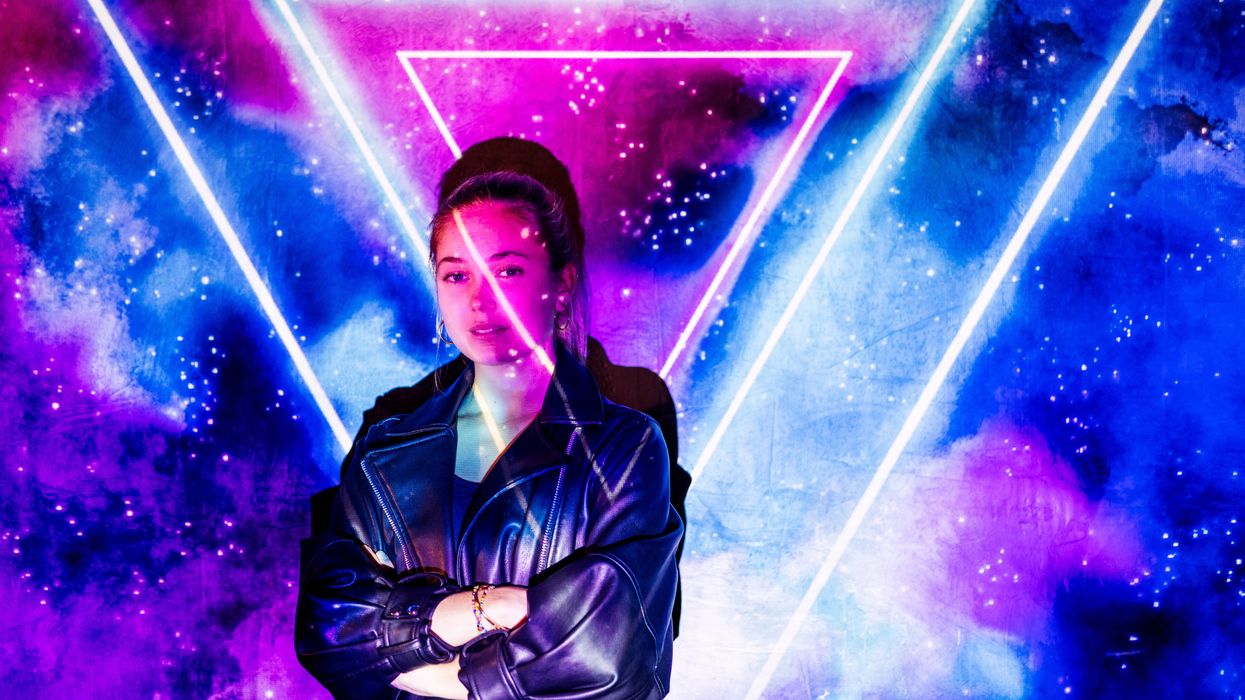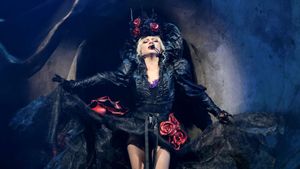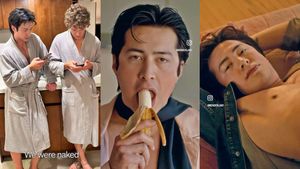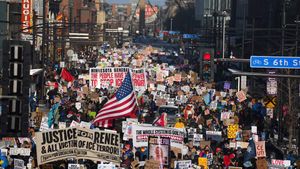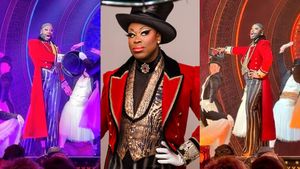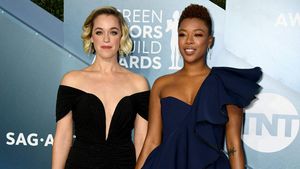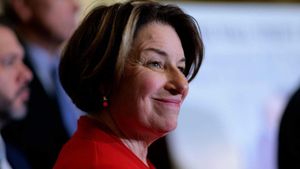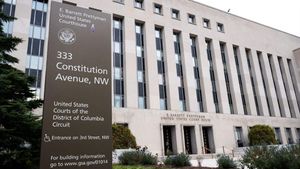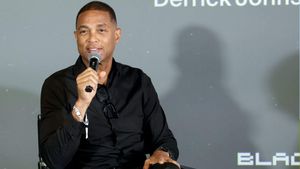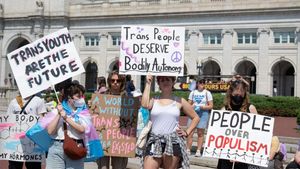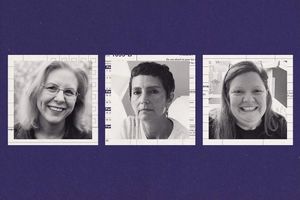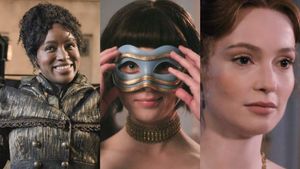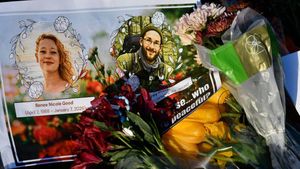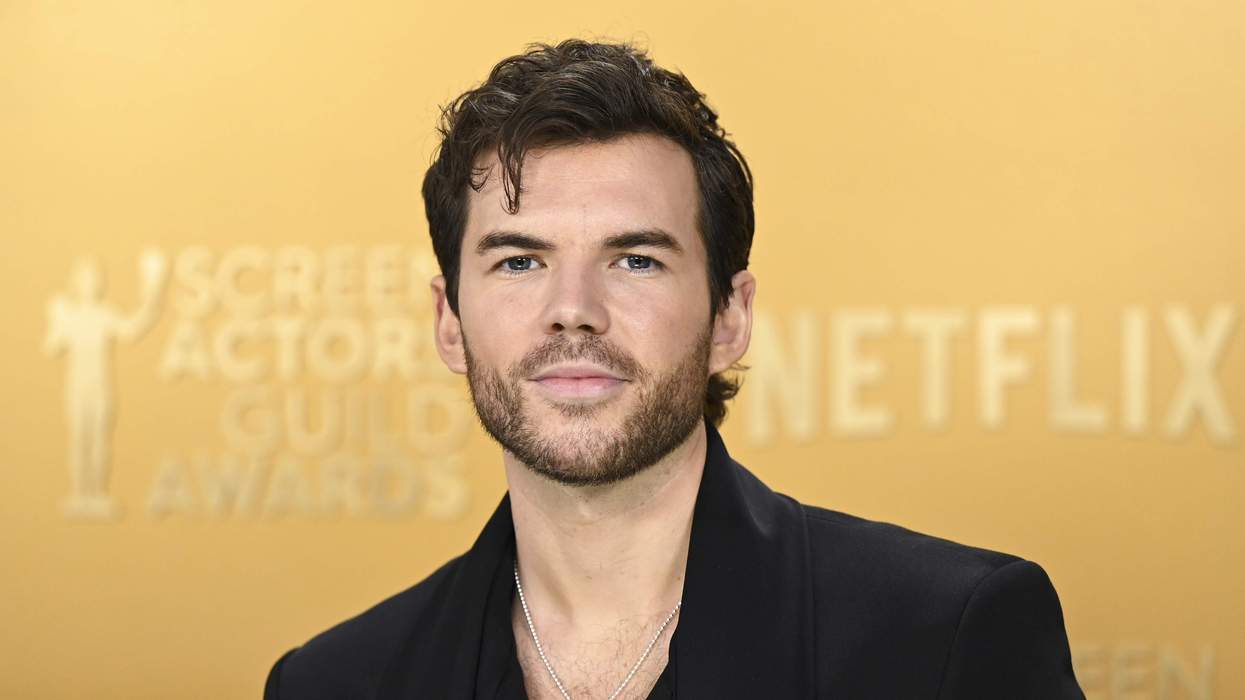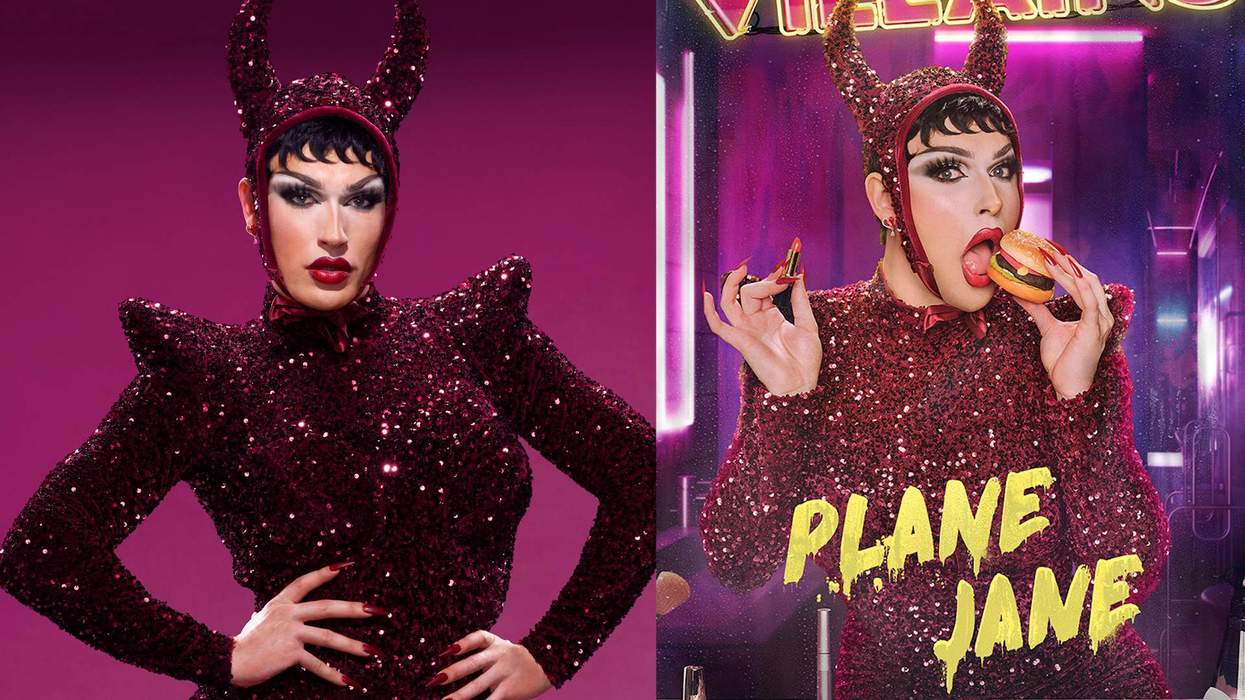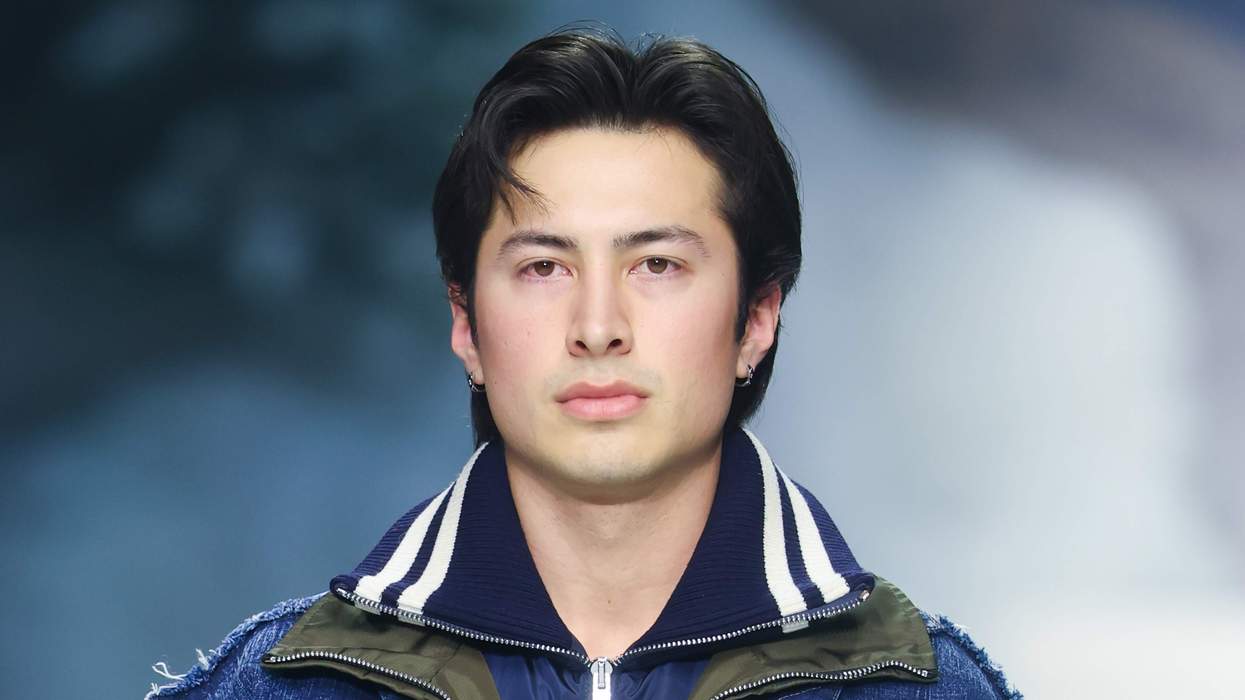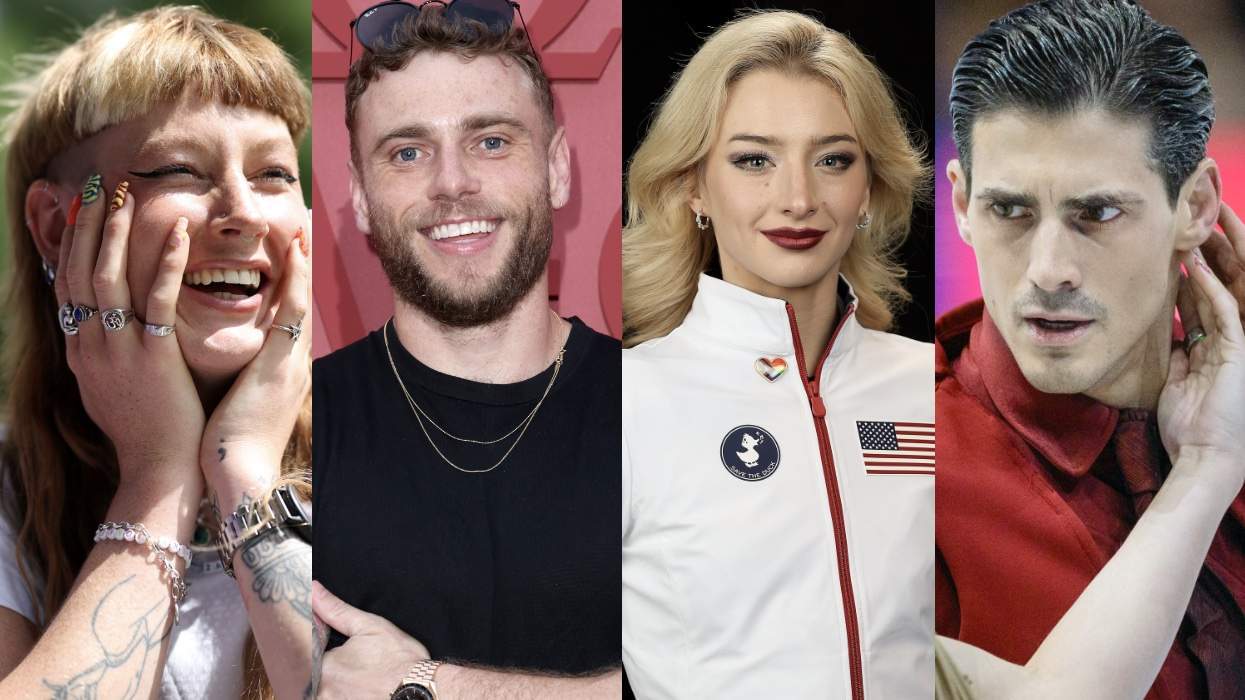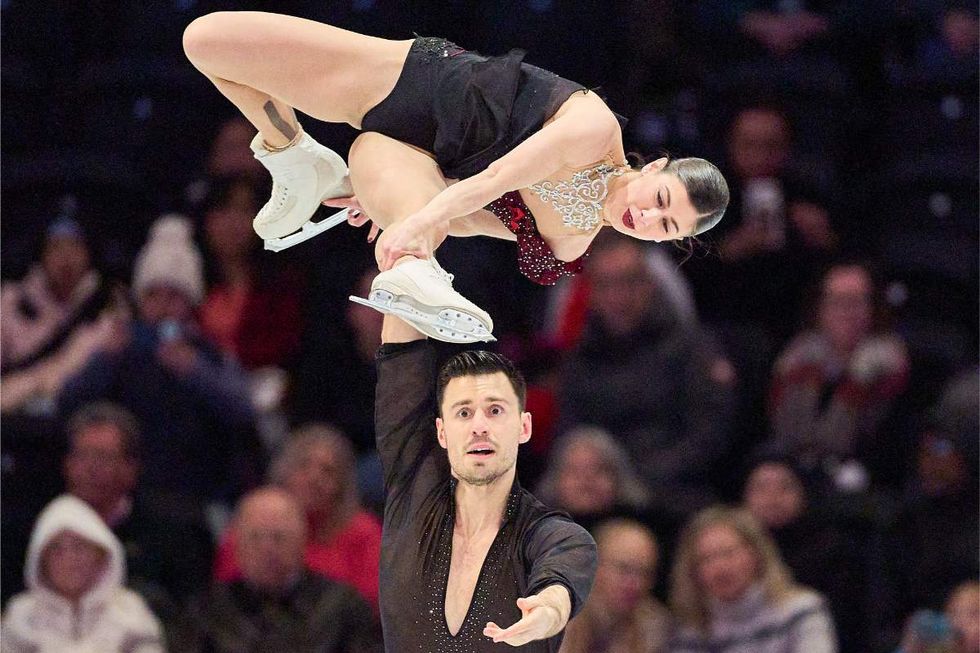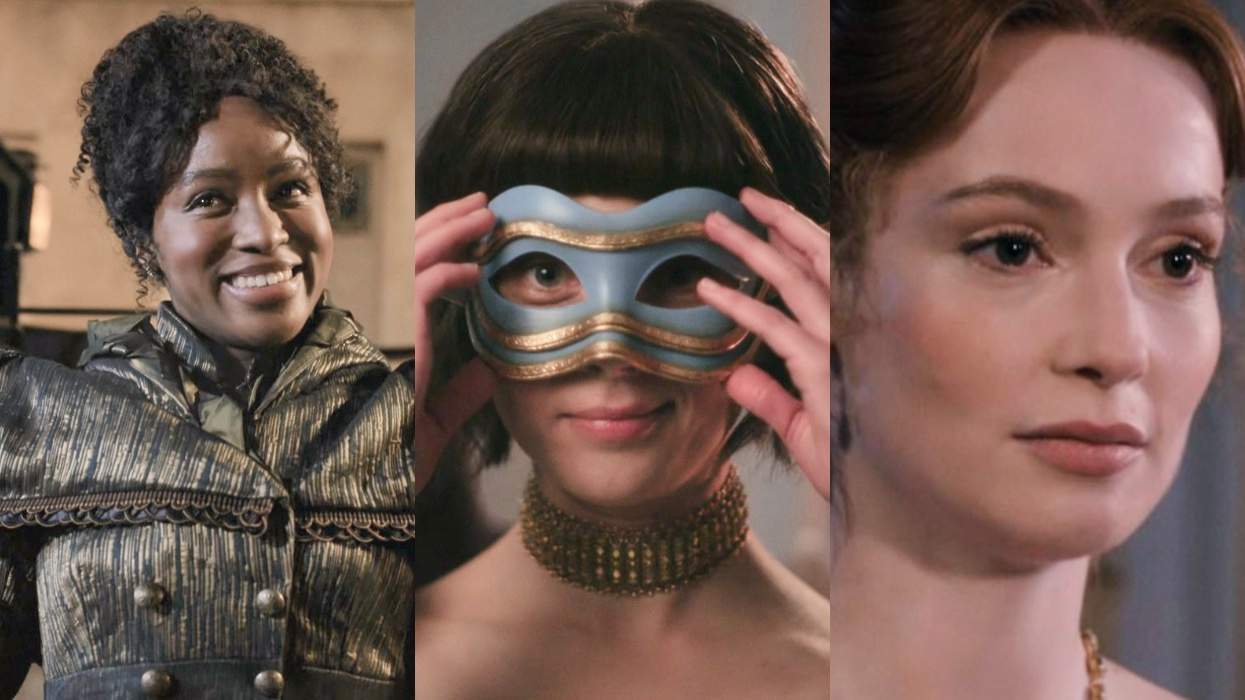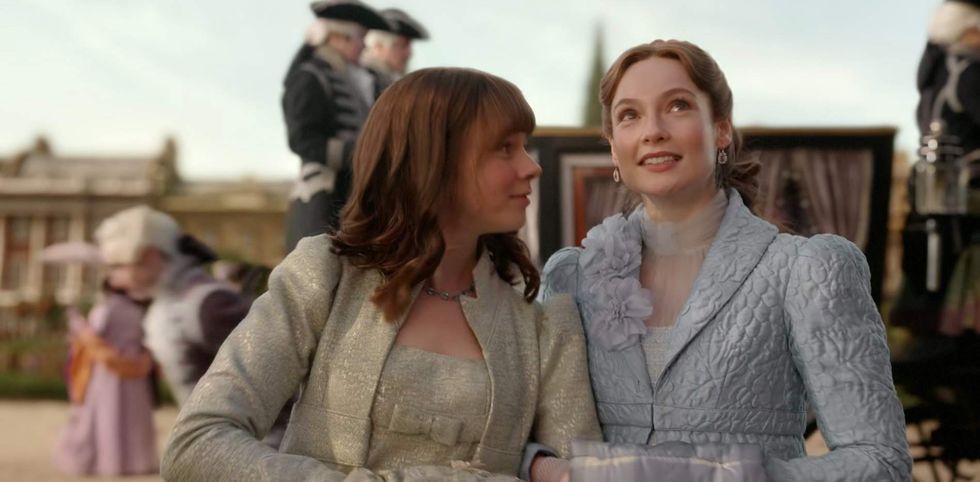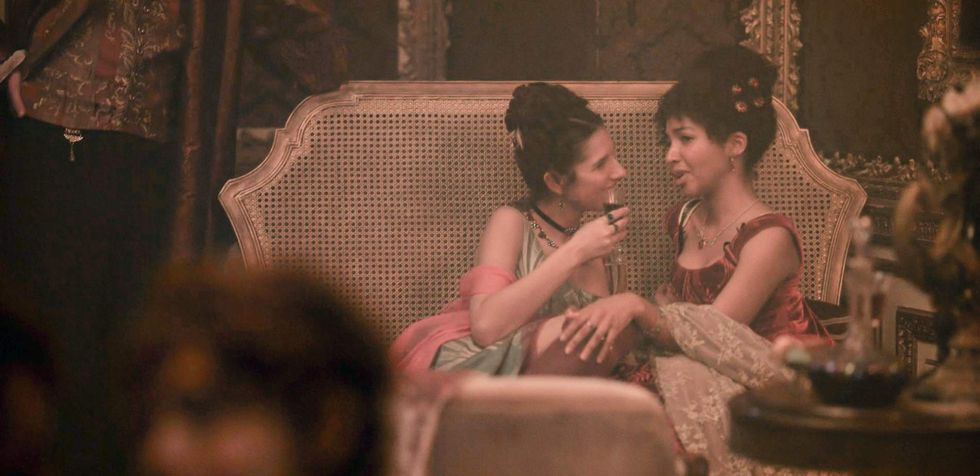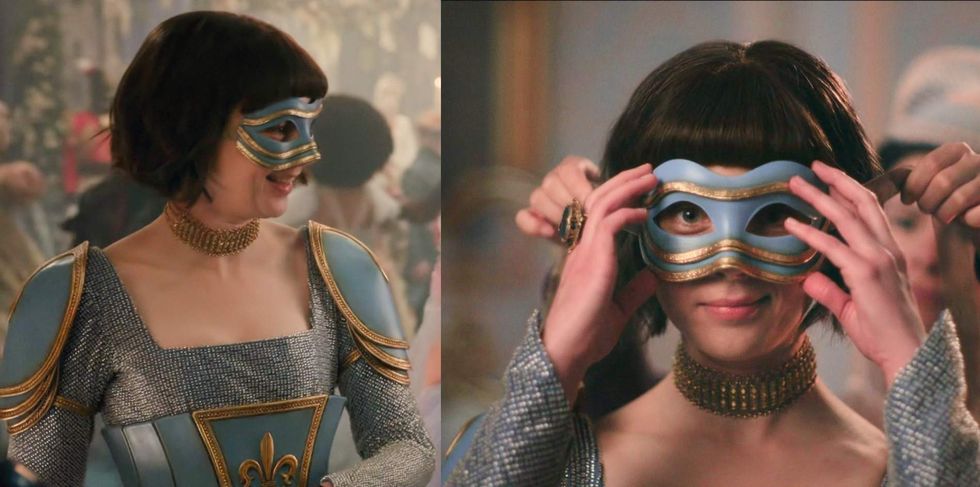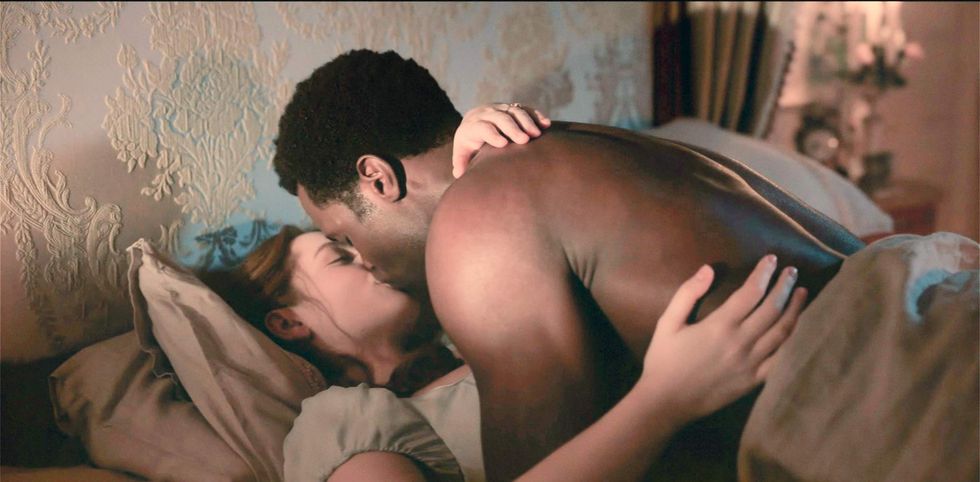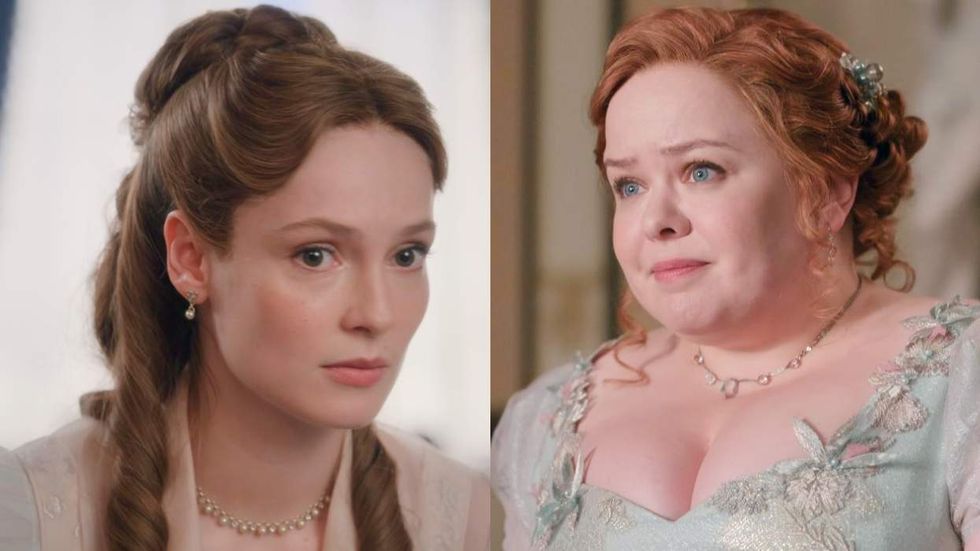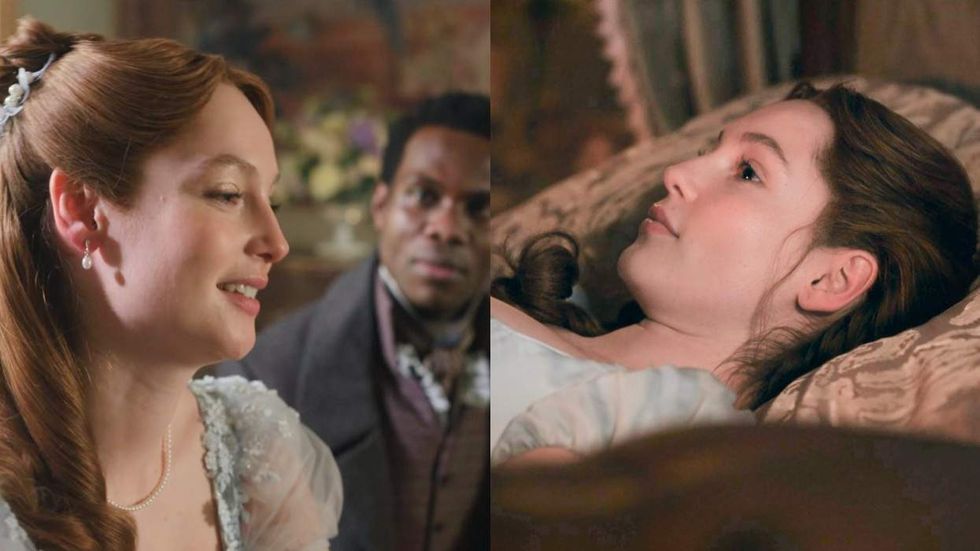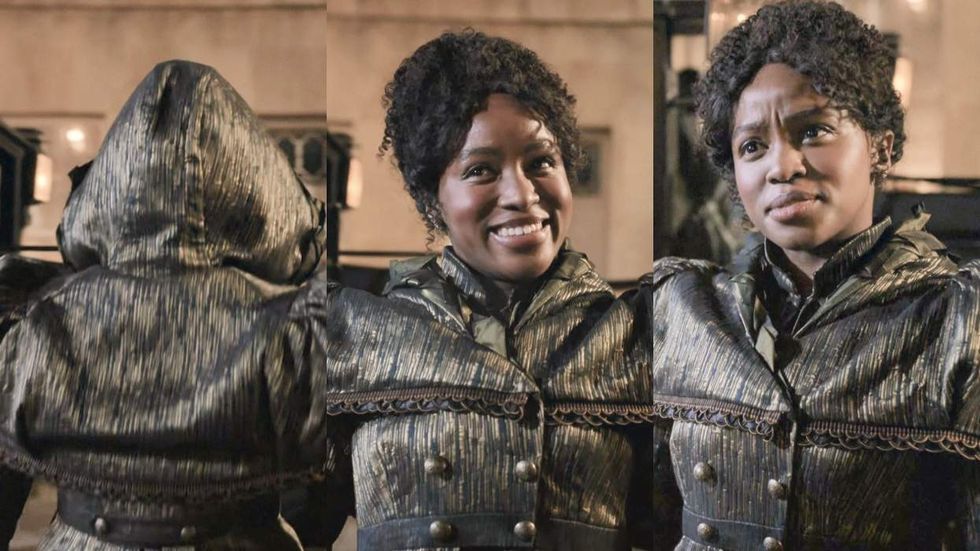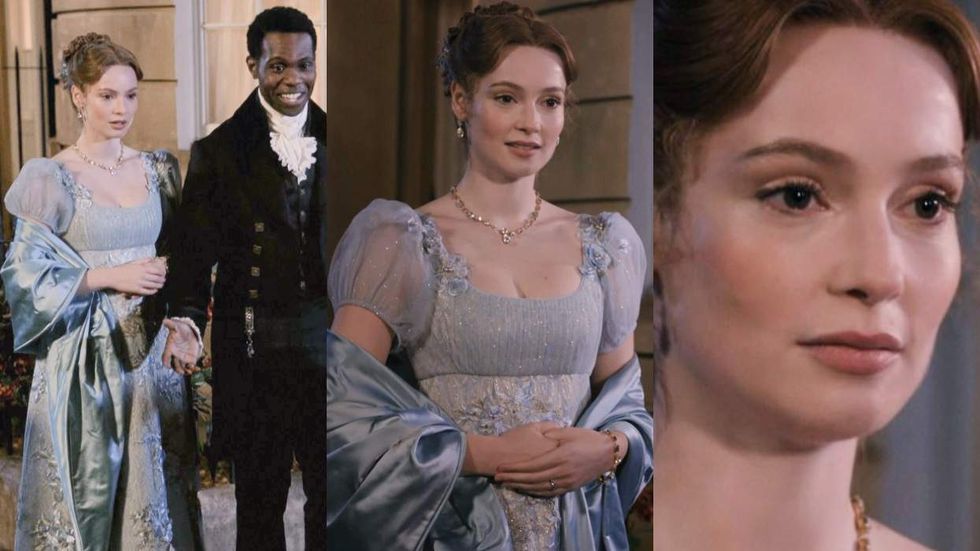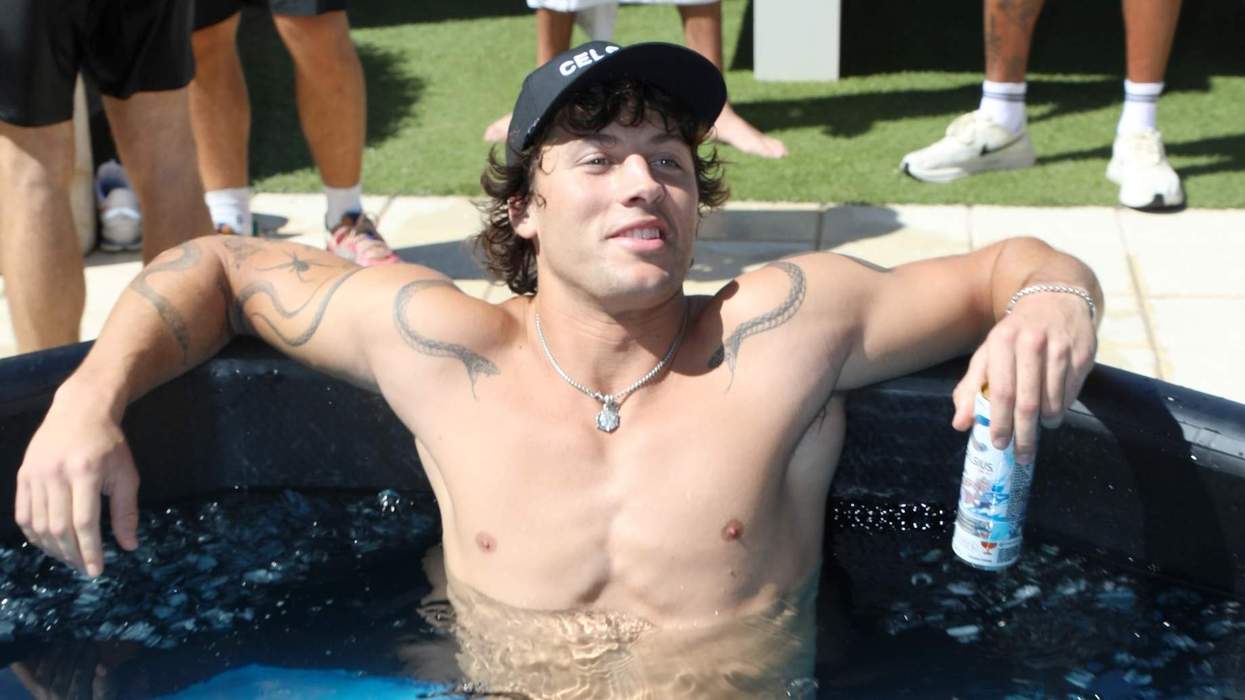Turns out astrology is even gayer than we thought!
That’s right, almost twice as many LGBTQ+ Americans consult astrology or their horoscope at least yearly, compared to adults overall, a new survey finds.
We all have queer friends who have to know everyone’s astrological sign, is obsessed with horoscopes, and collect tarot decks, but now that isn’t just a familiar anecdote, there is real research to back it up.
According to a new Pew Research study, 54% of LGBTQ+ adults consult astrology or horoscopes at least once or twice a year, whereas only 28% of U.S. adults overall do the same. Plus, 33% of queer adults report that they consult tarot cards (making them three-times as likely as adults overall), and a further 21% says they rely "at least a little” on what they’ve learned from astrology, horoscopes, tarot cards, or a fortune teller when making major life decisions. The study points out that most Americans aren’t actually looking for “insight or guidance on life decisions,” but are doing it for fun.
Women and younger Americans are also more likely to believe in astrology. Women are about twice as likely as men to believe in astrology (35% compared to 18%), and 18 to 29-year-old Gen Z adults are more likely to believe than adults over 65 (33% compared to 17%).
But why do queer people gravitate toward astrology? To get to the bottom of this, we reached out to lesbian astrologer Courtney Trethric, who also teaches yoga and is an intuitive tarot guide, as well as New York-based queer astrologer Christa Lei, and Carmen Turner Schott, a best-selling author of 11 astrology books and the founder of Deep Soul Divers Astrology.
Homophobia in religion rears its ugly head
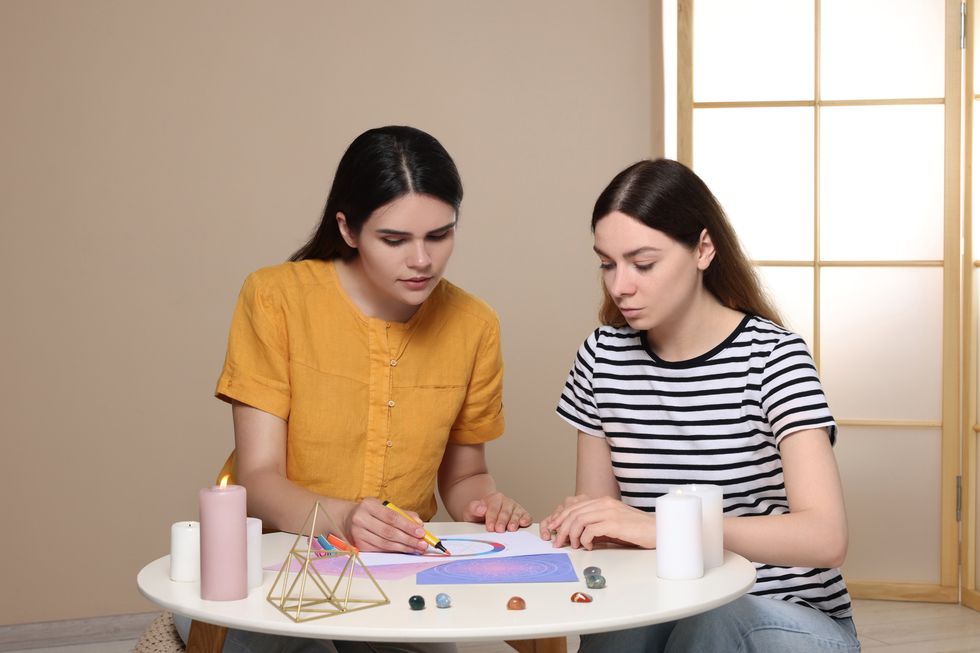
Getty Images
Now, that we have research to backup our lived experience that more queer people are into astrology, the question remains. Why? Trethric tells PRIDE it’s because LGBTQ+ people have been shunned in mainstream religions. “Queer people have long been drawn to the occult and non-traditional forms of spirituality,” she explains. “Historically, we haven’t always been welcomed in mainstream religious spaces. Practices like astrology, tarot, and other forms of divination offer a more open and inclusive environment. It's free from discrimination, rigid dogma, or social expectations around what is or isn’t acceptable. In astrology, everyone has a place.”
She continued, “It's spirituality without the hierarchy or trauma that often accompanies organized religion.” Lei agreed, “We already live a life as outsiders because we are queer and don’t necessarily fit in with the status quo," she says.
Struggle and trauma
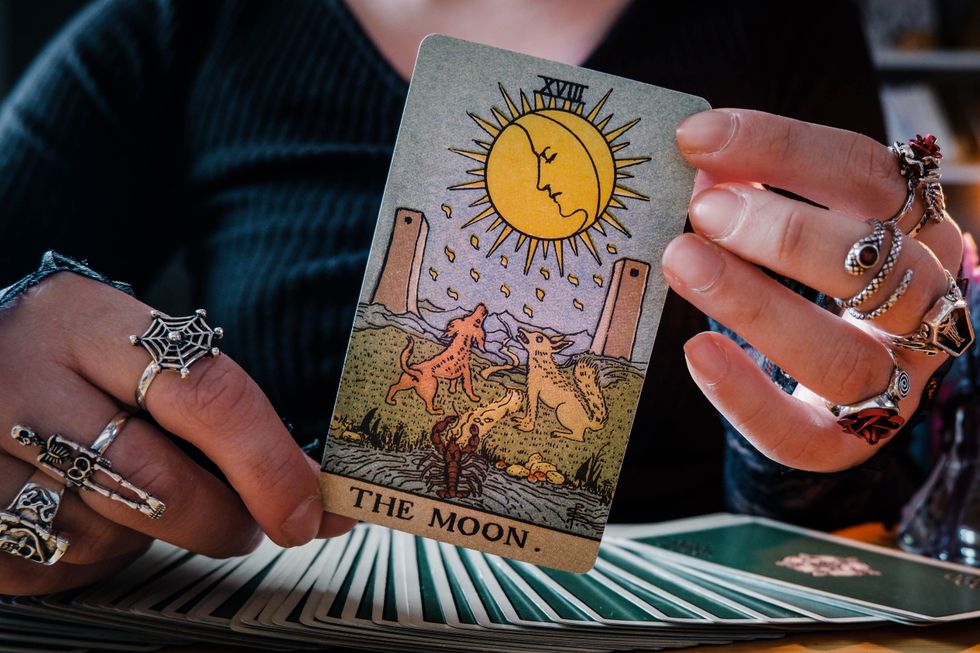
Emzzi/Shutterstock
Turner Schott has found that in her work as social worker, queer clients are more likely to lean into astrology because they are on a quest for answers and self-awareness and going through hard times.
“I feel that queer clients often have experienced struggles with embracing their true identities and they value having the freedom to research and explore topics that are created to support them in their search for self-awareness,” Turner Schott says. “Astrology, tarot, and fortune telling are tools that can be used to validate things about ourselves and others.”
Trethric agrees, “When society already views your existence as unconventional, exploring alternative spiritual paths can feel liberating, even empowering. If you’re already perceived as taboo, why not explore all the other taboos too?”
Is this interest in astrology new?
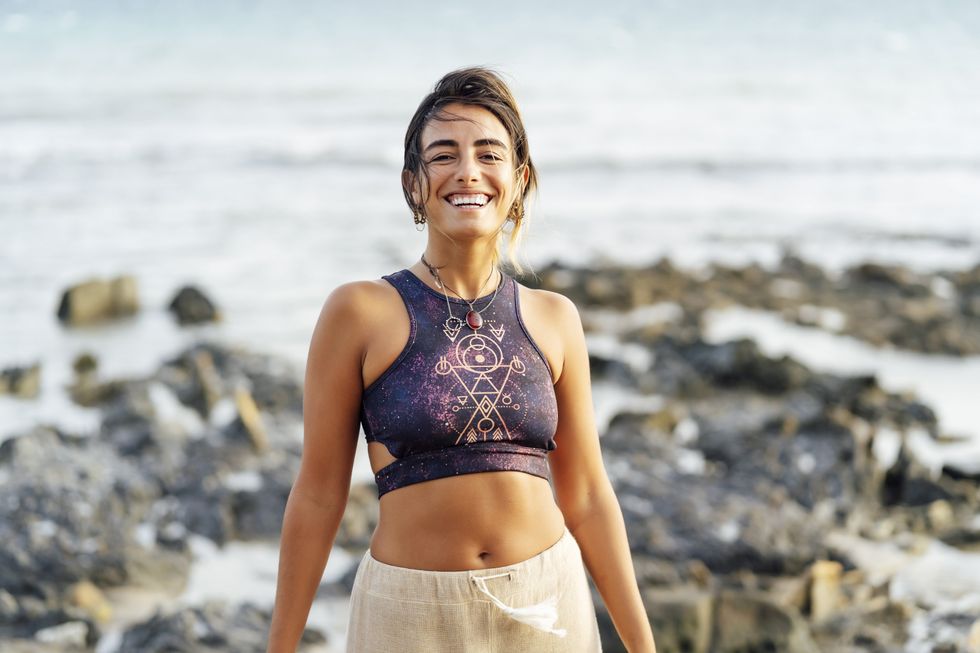
Getty Images
While interest in astrology, horoscopes and tarot has always been there, Turner Schott thinks social media has made it spread faster. “I think with social media and with generational movements and belief systems, we see more interest online with astrology and new age topics,” she explains. "People are more open and share more. I think the new generations are more open-minded and accepting of unique, eccentric, and non-traditional beliefs.”
Lei thinks that people today are far more open about alternative practices than they were in the past, and that astrology being considered more mainstream than it used to be has also driven up interest. “I just think it’s become queer currency and more people are open to talking about it and being curious,” she says.
Young women are also statistically more drawn to astrology, but Trethric has noticed this in her own practice as well, “I’ve also noticed that many young women, across diverse backgrounds, are especially drawn to astrology,” she says. “The community it fosters, the conversations it opens up, and the emotional intimacy it allows (particularly between women and their often female practitioners) creates a container of compassion, understanding, and relatability.”
